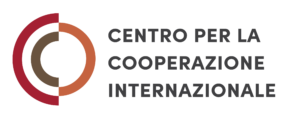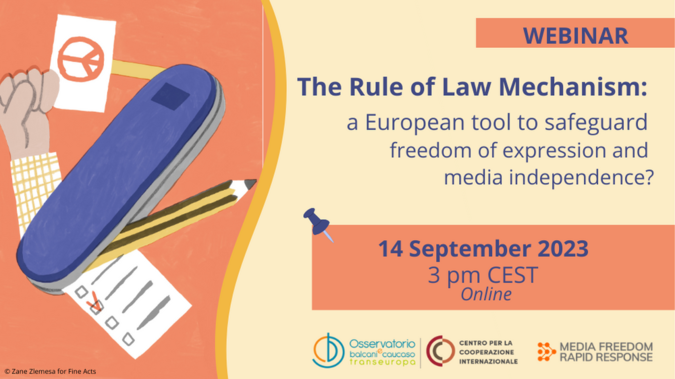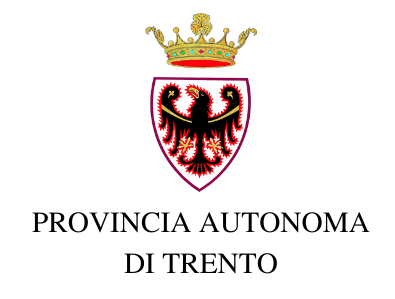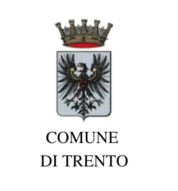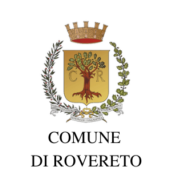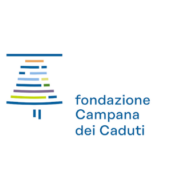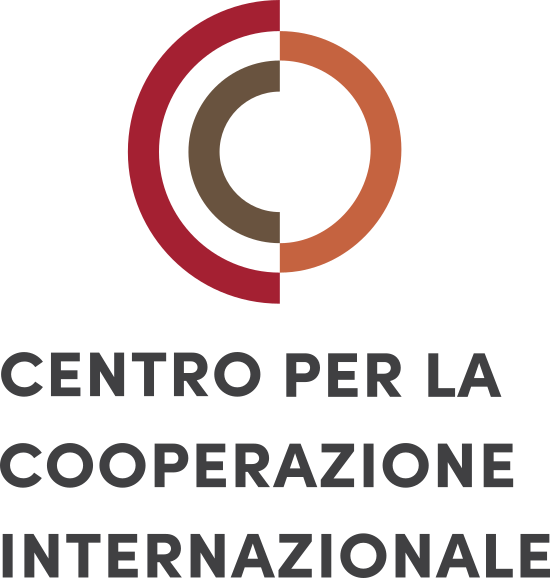The rule of law is one of the fundamental values on which the European Union (EU) is founded. Core pillars that charcterize a system based on the rule of law include an independent judiciary, a sound anti-corruption system, the protection of freedom of expression, and an enabling environment for civil society and human rights defenders.
Over the years, the EU has introduced several instruments to safeguard the respect of the rule of law in its member states. Article 7 of the Treaty on the European Union is the stronger legal tool that the Commission has at its disposal: also known as the “nuclear option”, it envisages preventing and sanctioning measures for member states that do not comply with fundamental values, potentially leading to the suspension of voting rights in the European Council.
Alongside legal provisions, the European Commission has launched different soft power initiatives to uphold the rule of law. These include the Rule of Law Mechanism, which provides for an annual monitoring exercise extended to all member states aimed at detecting potential threats and advancing specific recommendations.
Last July, the Commission published the 2023 rule of law report in which it reported the key developments in the rule of law occurred over the past year in the EU and its 27 member states. While it acknowledged some positive developments compared to 2022 – albeit to different degrees in different countries -, the Commission noted that systemic problems remain within some states, especially in relation to the independence of the judiciary, high levels of corruption, and the continued shrinking of civic space.
Media freedom also remains an area of concern, especially in some members that continue experiencing high levels of political influence in the media sector and a growing number of threats and attacks against journalists, including verbal, physical and legal intimidations.
How much visibility and relevance does the rule of law mechanism have in practice? How can journalists, unions and civil society organisations take advantage of this European instrument to promote and protect media freedom in their countries? What kind of follow-up should be expected and how can the recommendations advanced by the Commission be implemented?
An online conversation with:
Maja Sever, president of the European Federation of Journalists
Anna Wójcik, Co-founder and editor of Rule of Law in Poland
Matteo Trevisan, coauthor of the Media Pluralism Monitor Italy 2023, Centre for Media Pluralism and Media Freedom
Moderator: Piotr Drabik, journalist of Radio ZET
The event will be held in English.
Listen to the recording of the event on Facebook OBCT page
Follow the event live on OBCT Facebook page
Contact information: resourcecentre@balcanicaucaso.org
The webinar is organised in the framework of the project Media Freedom Rapid Response (MFRR), a Europe-wide mechanism which tracks, monitors and responds to violations of press and media freedom in EU Member States and Candidate Countries. The project is co-funded by the European Commission.
